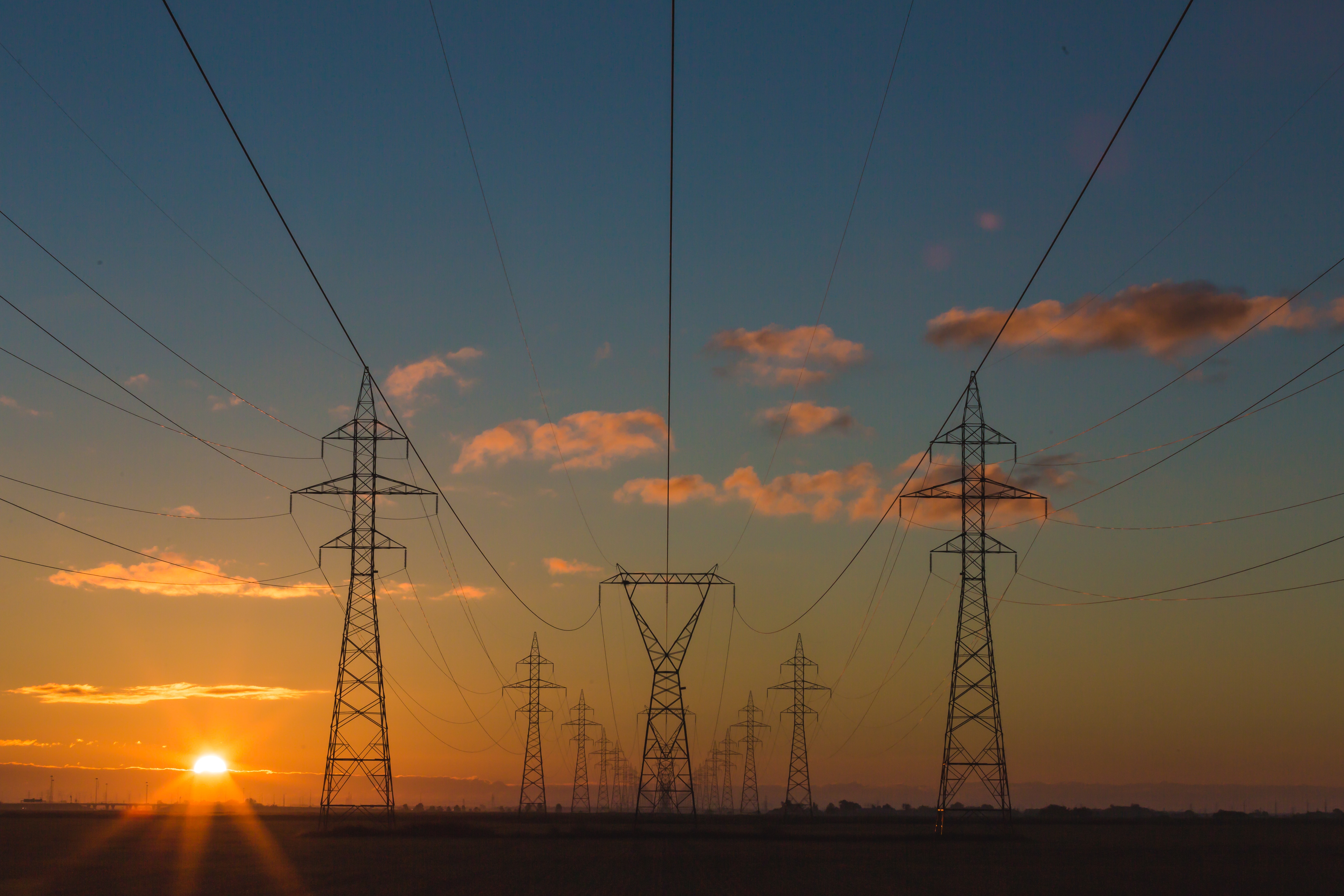In developed and developing countries alike, energy security is becoming an increasingly important policy issue. Broadly defined by the International Energy Agency as “the uninterrupted availability of energy sources at an affordable price,” energy security can have substantial economic and social benefits for a country’s entire population—particularly so in developing countries like Afghanistan, where energy demand from both urban and rural consumers is increasing rapidly.
Until recently, it has been difficult for Afghanistan to make significant headway in the domain of energy security. Political and economic challenges have not allowed Afghanistan’s energy industry to fully develop the abundant natural gas reserves in its northern regions, meaning that even today, Afghanistan relies on foreign imports for approximately 80% of its energy needs. This leaves the country vulnerable to sudden price increases, changes in trading conditions, or supply shortages over which it has no control.
Against such a backdrop, it’s easy to see why the new joint partnership between Bayat Energy’s wholly-owned subsidiary Bayat Power and the Government of the Islamic Republic of Afghanistan (GoIRA), is so promising for Afghanistan’s future energy security. Bayat Power’s three-phase, US$250M initiative, will see a new gas-fired power plant, the first in the country to be completely privately financed, constructed in the Sheberghan gas fields of Jawzjan Province in northern Afghanistan. Initially capable of generating over 50 MW, the plant will scale over the next two years to a capacity of 200 MW and will provide power to Afghans across the country for an estimated 20 years.
A critical step forward in the creation of a stable, domestic energy industry that leverages indigenous resources to provide power to all Afghans, Bayat Power’s IPP program will help bring to Afghanistan some of the many benefits that come with increased energy security, including the following:
Economic progress
 Modern energy is a critical enabler of economic development. Throughout the history of human societies, and especially since the industrial revolution, energy has been a vitally important strategic part of economic growth. Playing a role in the generation of every kind of product or service—everything from lighting to transport to telecommunications—affordable and reliable energy helps businesses and individuals alike become more productive and competitive, thus contributing to a country’s overall economic prosperity. Simply put, a minimum level of energy security is essential for the functioning of a country’s economy, both on the domestic and the global level.
Modern energy is a critical enabler of economic development. Throughout the history of human societies, and especially since the industrial revolution, energy has been a vitally important strategic part of economic growth. Playing a role in the generation of every kind of product or service—everything from lighting to transport to telecommunications—affordable and reliable energy helps businesses and individuals alike become more productive and competitive, thus contributing to a country’s overall economic prosperity. Simply put, a minimum level of energy security is essential for the functioning of a country’s economy, both on the domestic and the global level.
Afghanistan has already experienced this relationship between power and economic growth firsthand. In 2009, the introduction of low-cost grid power to Kabul launched an economic boom and a wave of migration into the city. Further energy security efforts, such as the Bayat Power IPP initiative, should help other areas of the country similarly flourish.
Poverty reduction
Energy security is important not just at the national level, but at the household level as well. Economists have long made the correlation between income levels and access to reliable, affordable energy. In fact, low electrification rates are extremely common amongst the proportion of the world’s population currently living on less than $2 per day.
Furthermore, poorer households tend to spend a greater percentage of their incomes on energy commodities, meaning that they are disproportionately affected by rising energy prices. Ensuring domestic energy security helps provide more power at lower rates to these populations. This not only reduces the financial burden they must shoulder, but it also improves household productivity and allows individuals to generate more income thanks to such things as electric light, refrigeration, or irrigation that energy makes possible.
Health benefits
The use of traditional solid fuels like wood and charcoal for cooking and heating homes is still widespread throughout developing countries, including in many of Afghanistan’s remote or rural regions. However, the household air pollution generated by these methods can be deadly: the World Health Organization estimates that more than 4 million people die prematurely every year due to the health-damaging pollutants, like soot particles, that this inefficient use of solid fuels produces. These contaminants lead to conditions like pneumonia or heart or pulmonary diseases. Energy security can help drastically reduce these numbers by providing modern, non-hazardous sources of energy for these daily household tasks.
A different role in global energy trade
Political instability and the challenges of exploiting natural resources and implementing needed energy infrastructure have forced Afghanistan into its current role as an energy importer (as mentioned previously, approximately 80% of the country’s energy needs are presently supplied by foreign imports). However, for an country with an estimated 34 billion cubic meters of gas remaining in the reservoirs of the Sheberghan gas fields, this is a role that no longer makes sense. Thanks to the great energy security potential of initiatives like the Bayat Power plant, Afghanistan can not only reduce its dependence on energy imports from foreign sources, but it can also become an exporter itself. After serving the needs of the Afghan people, Bayat Power hopes to eventually sell some of its Afghan-owned and -generated energy to other countries.

